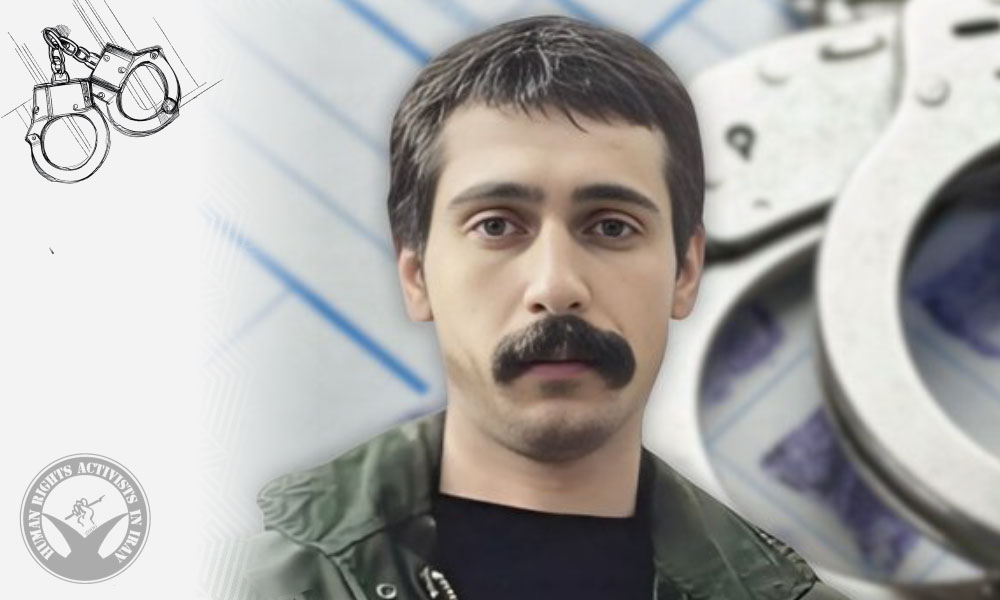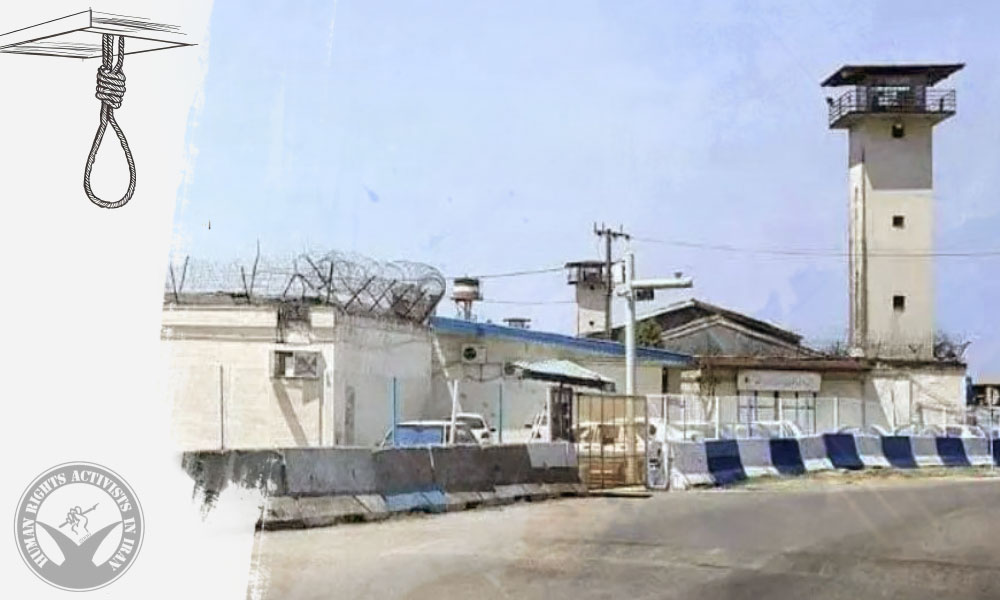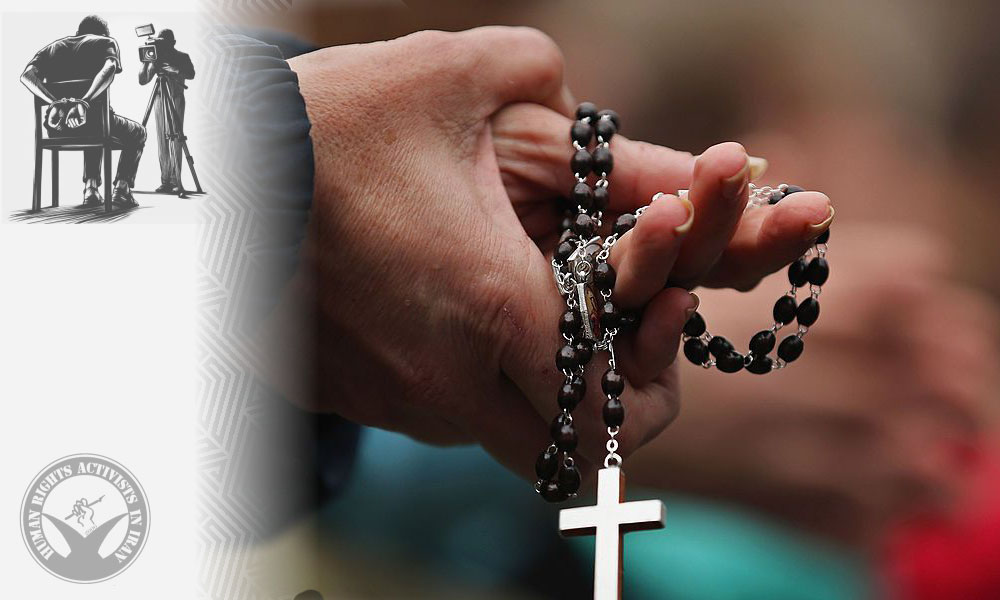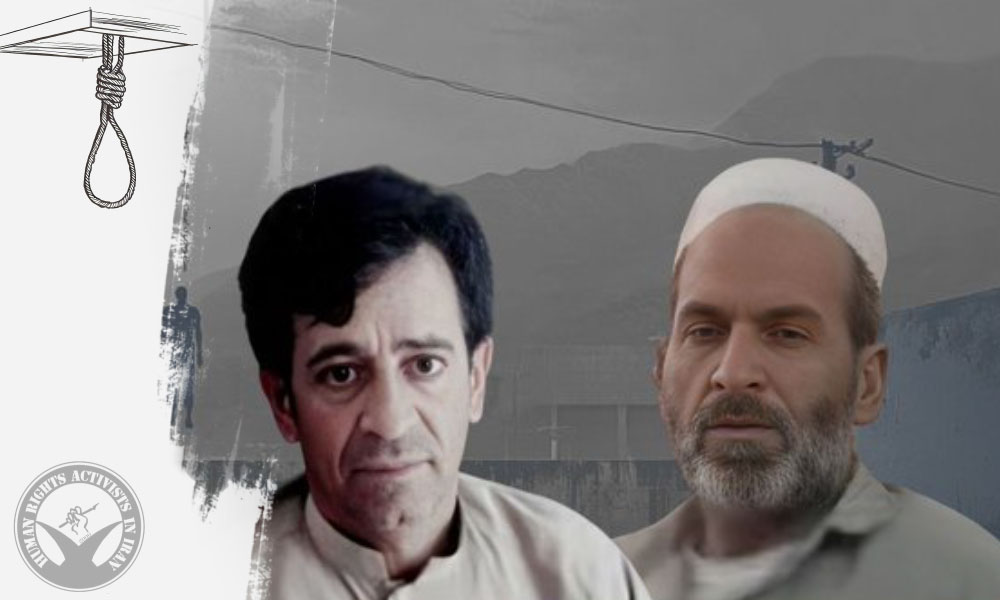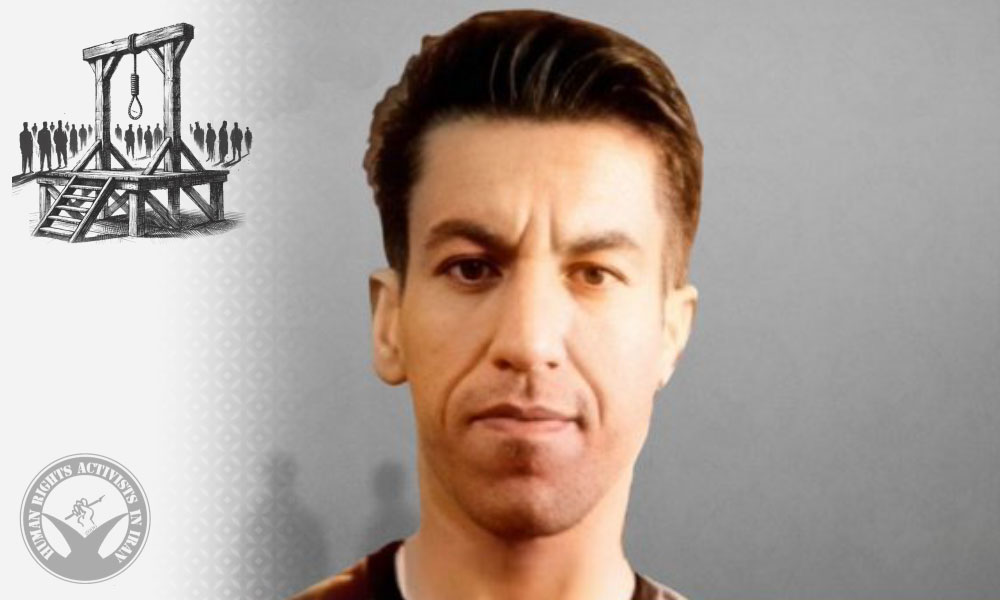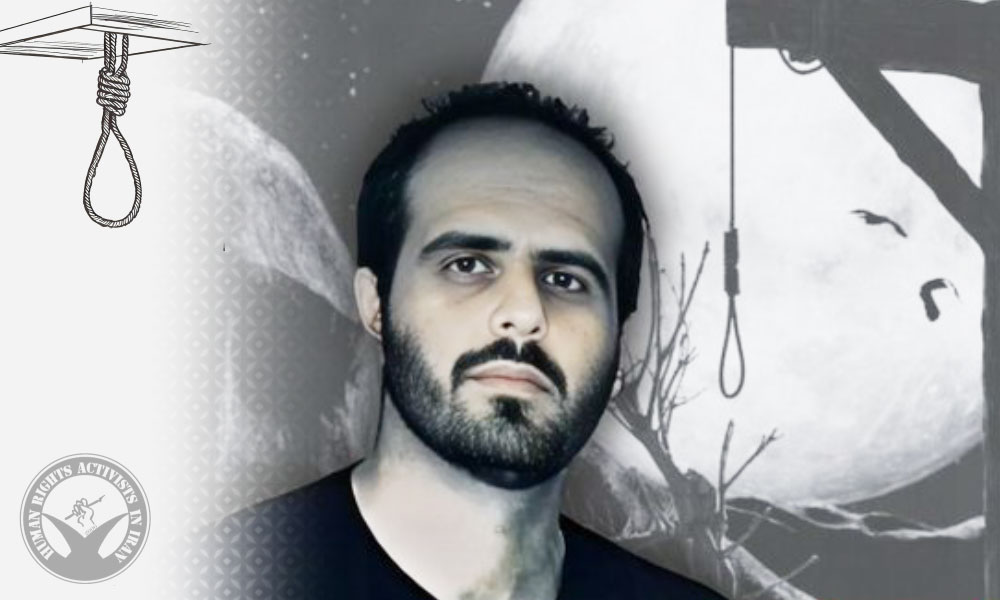HRANA– Following the arrest of a group of Christian converts, IRIB’s 20:30 news program aired a propaganda documentary featuring security-related accusations and forced confessions from some of the detainees. This move is part of an ongoing campaign of case fabrication and pressure against Christian citizens in Iran.
According to HRANA, the news agency of Human Rights Activists in Iran, after the recent statement by the Ministry of Intelligence of the Islamic Republic regarding the arrest of a group of Christians, IRIB Channel 2 produced and broadcast a documentary centered on fabricating security cases against Christian converts.
The documentary, produced with the participation of Ameneh Sadat Zabihpour, a well-known IRIB figure linked to security agencies, presents a security-driven narrative. It levels accusations against Christian converts – referred to in the program as “Evangelists” – including alleged ties to foreign entities, participation in religious camps abroad, collaboration with opposition groups, and attempts to undermine national security.
The reporter frames activities such as traveling to Turkey, attending the “Armenia Camp,” communicating with Zionists, and planning attacks on “sensitive sites” in Iran as evidence of security threats, thereby portraying religious and personal activities as criminal.
In the final part of the documentary, footage was shown of detained individuals presented as suspects, who appeared under unknown circumstances making confessions. These confessions were recorded and broadcast under pressure or threats from security agencies. Images of what was described as “a shipment of weapons” were also displayed, without any independent evidence or documentation to substantiate the claim.
The Islamic Republic’s use of forced confessions and televised documentaries to legitimize repression of religious minorities and dissidents has long been condemned by human rights organizations. Broadcasting such confessions is a blatant violation of defendants’ rights, including the right to a fair trial.
The release of this documentary comes amid intensifying security and psychological pressure on Iran’s Christian community and efforts to create an atmosphere of fear and intimidation. In recent years, many Christian converts have faced similar charges and have been handed heavy sentences, including imprisonment, exile, or social deprivation.
Previously, the Ministry of Intelligence announced in a statement that at least 53 Christian converts had been arrested during the so-called “12-Day War” operation.
In 2024, HRANA documented 28 cases of forced confessions extracted from prisoners. The practice of obtaining and broadcasting coerced confessions from political dissidents and protesters by the Iranian regime’s security apparatus is as old as the regime itself. In 2022, amid nationwide protests, the number of such forced confessions surged to 391 cases.





